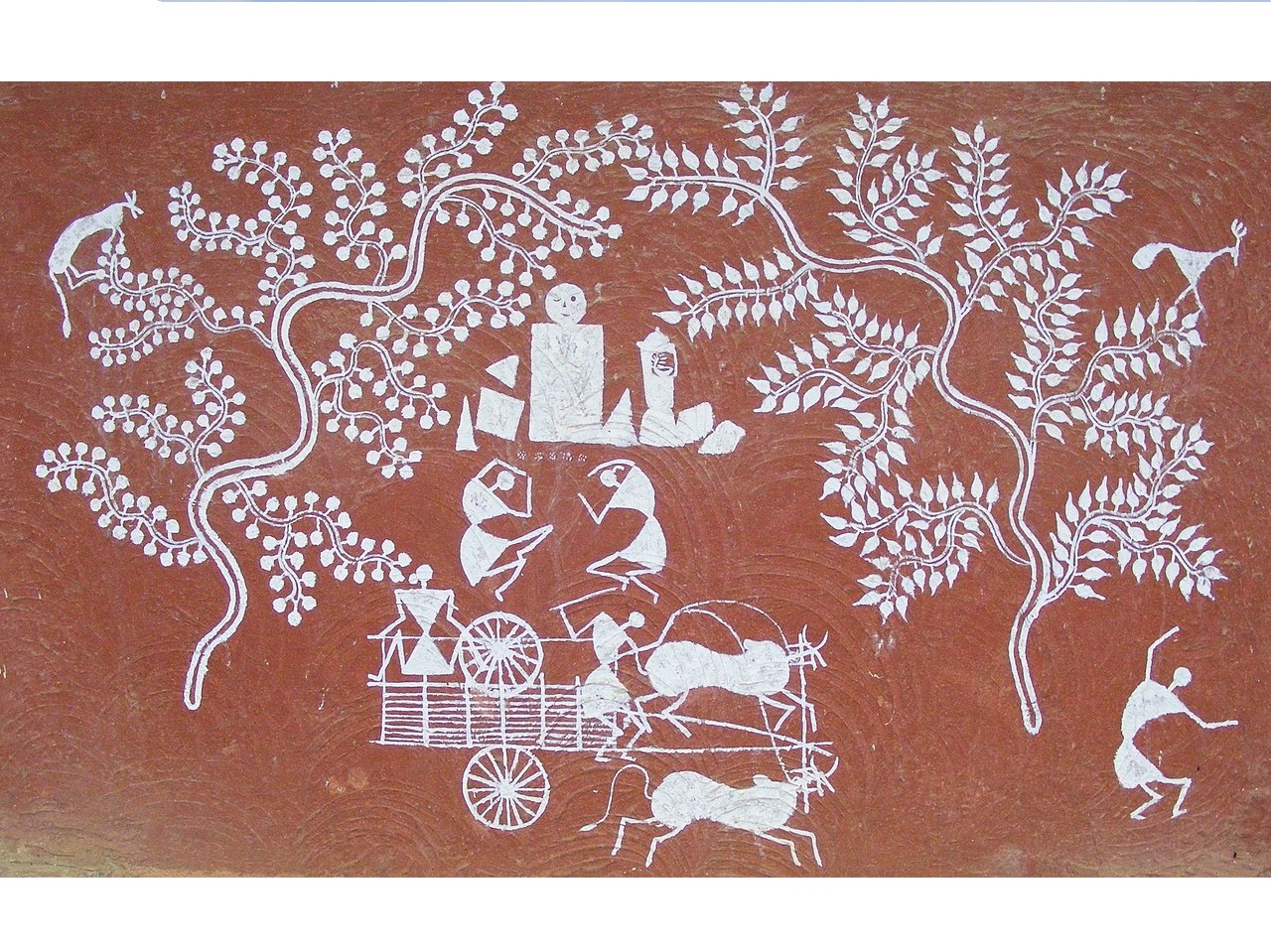Nestled amidst the lush landscapes of Maharashtra, India, the Warli tribe has preserved its rich cultural heritage for centuries. Among their enduring traditions is the practice of barter, a system of exchange that has played a vital role in their self-sufficient lifestyle.
Table of contents [Show]
Barter, the exchange of goods or services without the use of money, has been a fundamental aspect of the Warli tribe's economy for generations. In the absence of a formal currency system, the Warli people have relied on barter to exchange their agricultural products, handcrafted goods, and skills for essential items and services.
For instance, a Warli farmer might barter surplus rice or vegetables for pottery crafted by a skilled artisan. Similarly, a blacksmith could exchange their iron tools for baskets woven by a skilled weaver. This system of exchange ensured that everyone had access to the goods and services they needed to sustain their lives.
Barter within the Warli community was not merely a means of economic exchange; it was also a way of fostering social connections and strengthening communal bonds. The act of bartering involved negotiation, trust, and mutual respect, reinforcing the importance of cooperation and reciprocity within the tribe.
As the Warli tribe gradually integrated into the wider economy, the use of barter has diminished. However, the practice still holds significance in certain aspects of their lives. For instance, during local fairs and festivals, barter remains a common way of exchanging goods, preserving a connection to their ancestral practices.
Conclusion
The Warli tribe's traditional barter system serves as a reminder of the ingenuity and adaptability of human societies. Despite the introduction of modern economic systems, the Warli people have maintained their cultural identity and the values embedded in barter, demonstrating the enduring strength of their traditions.








